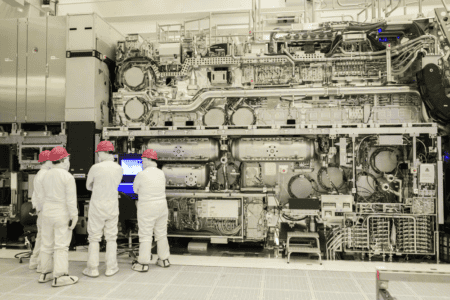Google has launched a new iteration of TensorFlow, the popular framework for artificial intelligence (AI). The company also published a set of additional modules aimed at enabling algorithms to process user data more responsibly.
TensorFlow 2.0 focuses on improving usability, reports Silicon Angle. The new version comes with a streamlined application programming interface based on Keras, an open source tool designed to make AI development frameworks easier to use. It allows engineers to access functions previously scattered across multiple APIs in one place, and offers more options for customizing the development workflow.
Another important improvement is the addition of so-called eager execution. TensorFlow 2.0 activates AI models a lot faster than previous versions, allowing engineers to try out different model variations with less delay between tests.
Privacy
However, most of the industry’s attention is focused on the associated tools that Google has rolled out. These tools are designed to help developers build privacy controls into their AI software to better protect user information.
The first module, TensorFlow Privacy, allows machine learning models to remove potentially sensitive data they do not need to process. It achieves this by automatically filtering input that is different from the information that the algorithm normally receives. An AI-based spell check, for example, would mainly receive letters as input, which means that long sequences of numbers – for example credit card numbers – can be easily identified and filtered.
The second module is TensorFlow Federated. This software focuses on the growing number of mobile services that rely on AI to support core functions. Because mobile devices have limited processing power, apps usually handle the learning aspect of machine learning by forwarding user data to a cloud-based backend for analysis.
TensorFlow Federated allows apps to perform the analysis directly on the user’s device. The resulting insights can be collected by developers and used to improve the AI algorithms without having access to the underlying data. This improves the privacy of users.
Like TensorFlow itself, the new modules are available under an open source license.
This news article was automatically translated from Dutch to give Techzine.eu a head start. All news articles after September 1, 2019 are written in native English and NOT translated. All our background stories are written in native English as well. For more information read our launch article.


















